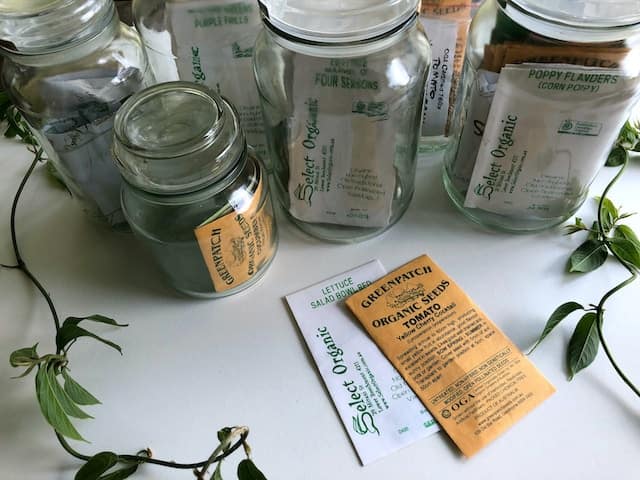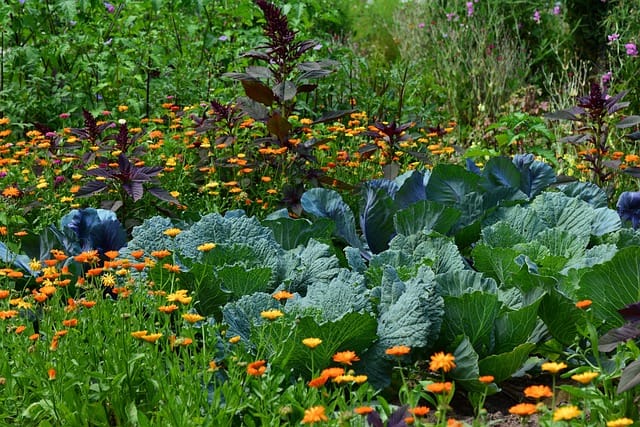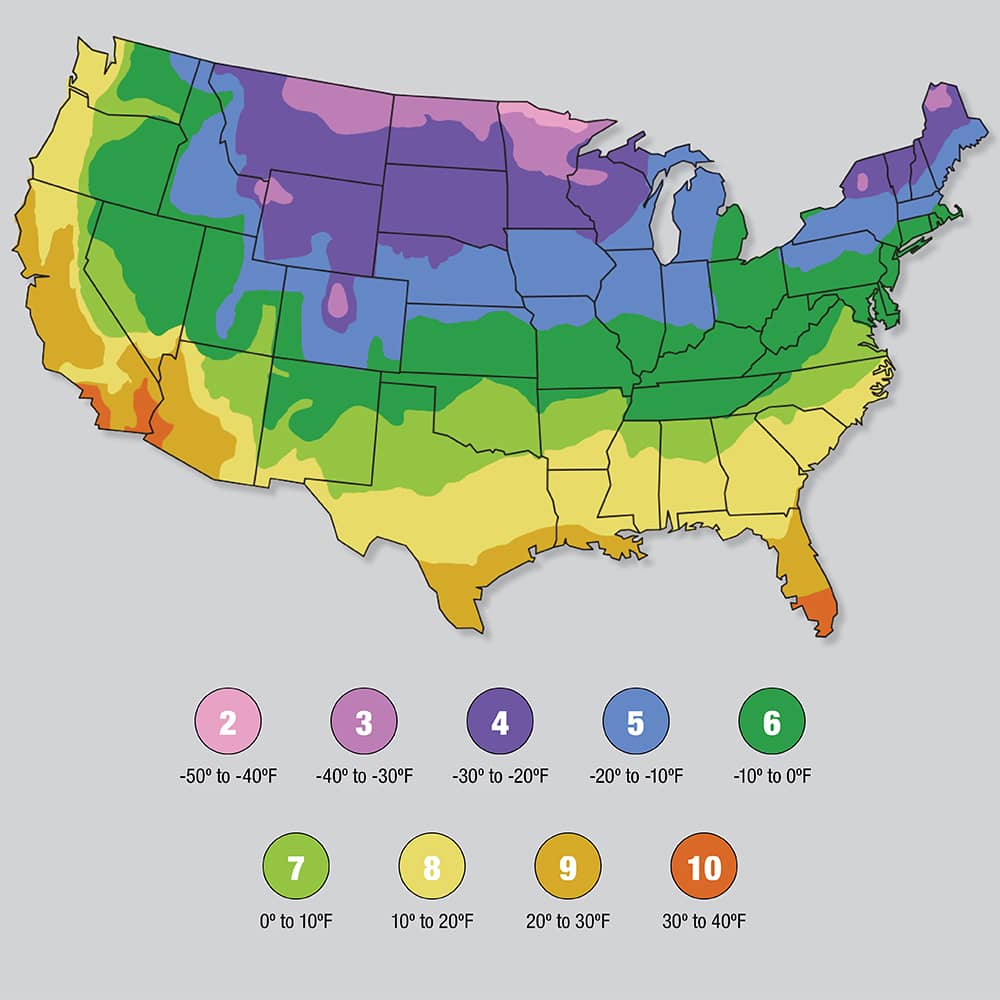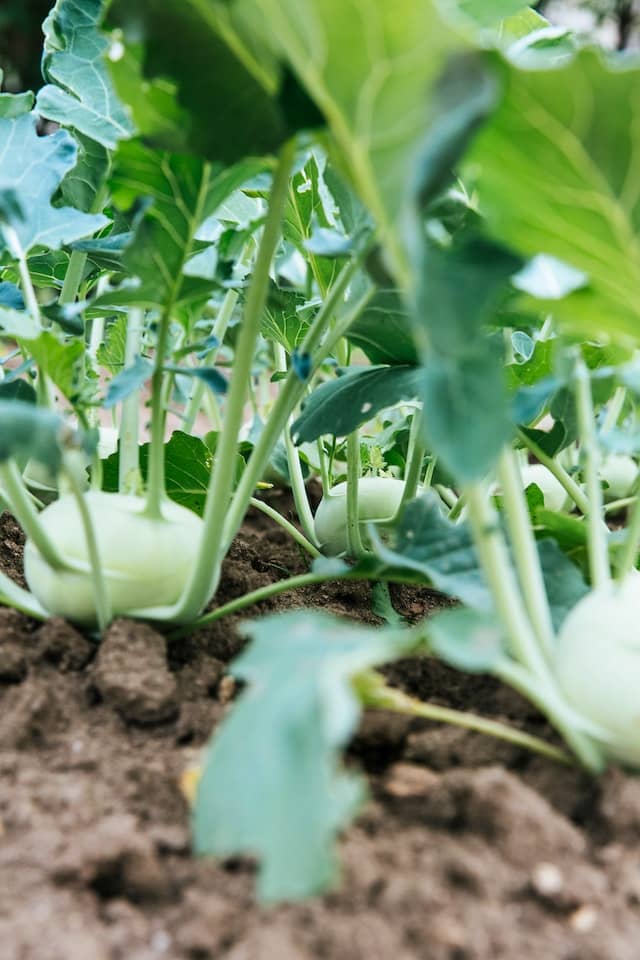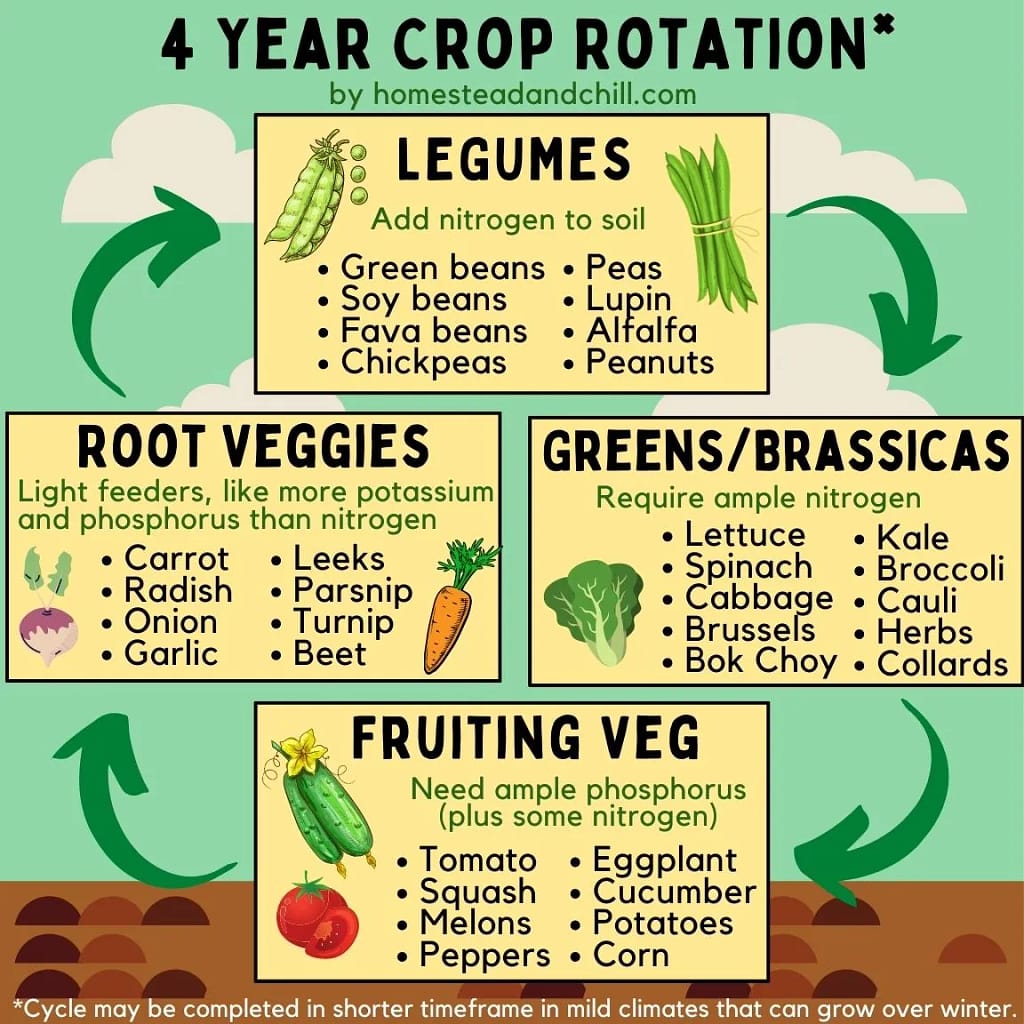Garden seed types
When it comes to choosing seeds for your garden, there are a lot of factors to consider. One of the most important factors is the type of seed. There are four main types of seeds- Open-pollinated (OP), Hybrid, Heirloom, and genetically modified (GMO)
Open-Pollinated Seeds
Open-pollinated seeds are the most natural type of seed. They are produced when pollen from one plant fertilizes the ovule of another plant of the same species. This can happen naturally, through wind or insect pollination, or it can be done manually. OP seeds are true to type, which means that the plants these seeds produce will be similar to the parent plant. This makes them a good choice for gardeners who want to save their own seeds or who want to grow plants that are adapted to their local climate. Open-pollinated seeds are typically less expensive than hybrid seeds, and they can be saved and replanted year after year.
Hybrid Seeds
Hybrid seeds are the result of cross-pollination between two different plant varieties. This is done by plant breeders to create plants with desirable traits, such as disease resistance, high yields, or better flavor. Hybrid seeds are often more vigorous and productive than OP seeds, but they are also more expensive. Hybrid seeds are not true to type, so the plants they produce will not be identical to the parent plant. Overall, hybrid seeds are a good choice for gardeners who want to grow a lot of food in a short amount of time.
F1 / F2 Hybrids
F1 hybrid seed is the first generation of hybrid offspring from two different parent plants. The term “F1” stands for “filial 1,” which means “first offspring.” Hybrid seeds are created by crossing two purebred plants that have desirable traits, such as disease resistance, high yield, or early maturity. The resulting hybrid plants inherit the best traits from both parents, which can lead to improved performance in the field.
F2 hybrid seeds are second-generation seeds produced by either self/open pollination or hand pollination of F1 hybrid plants. In more simpler terms F2 are the seeds saved either from flowers or fruit produced from an F1 Plant.
F2 seeds are not as consistent as F1 seeds. This is because the genes of the F2 plants are not as evenly mixed as the genes of the F1 plants. As a result, F2 plants may not have the same desirable traits as their F1 parents.
However, F2 seeds can be a good option for growers who are looking for a more affordable option than F1 seeds. F2 seeds are also often more readily available than F1 seeds.
Heirloom Seeds
Heirloom seeds are also open-pollinated seeds that have been passed down from generation to generation. They are often prized cultivars saved generations after generations for their unique flavors, colors, and textures. Heirloom seeds can be more expensive than other types of seeds, but they are a good choice for gardeners who want to grow traditional varieties of vegetables and fruits.
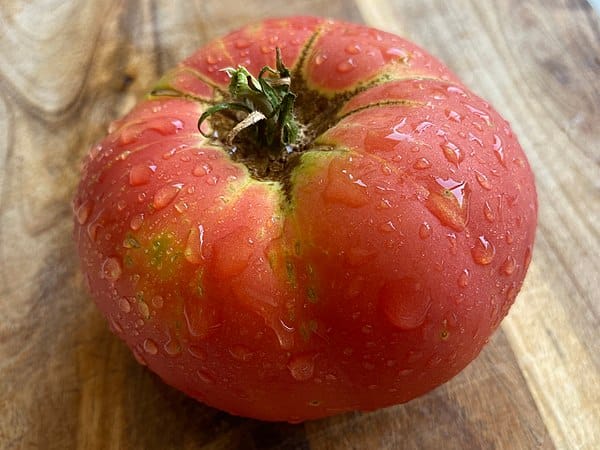
| Vegetable | Heirloom Cultivar | Cultivar speciality |
|---|---|---|
| Tomatoes | Brandywine | A large, juicy tomato with a sweet, complex flavor. |
| Peppers | Big Jim | A large, flavorful pepper that is great for roasting or stuffing. |
| Beans | Henderson Lima | A bush variety that produces large, flavorful beans. |
| Cucumbers | Lemon | A pickling variety that produces small, flavorful cucumbers. |
| Squash | Blue Hubbard | A large, blue-green squash that is great for pies and soups. |
| Carrots | Rainbow | A variety of carrots that produces a rainbow of colors. |
| Lettuce | Lolla Rossa | A loose-leaf lettuce with a deep red color and a sweet, nutty flavor. |
| Peas | Purple Pod | A variety of peas that produces purple pods. |
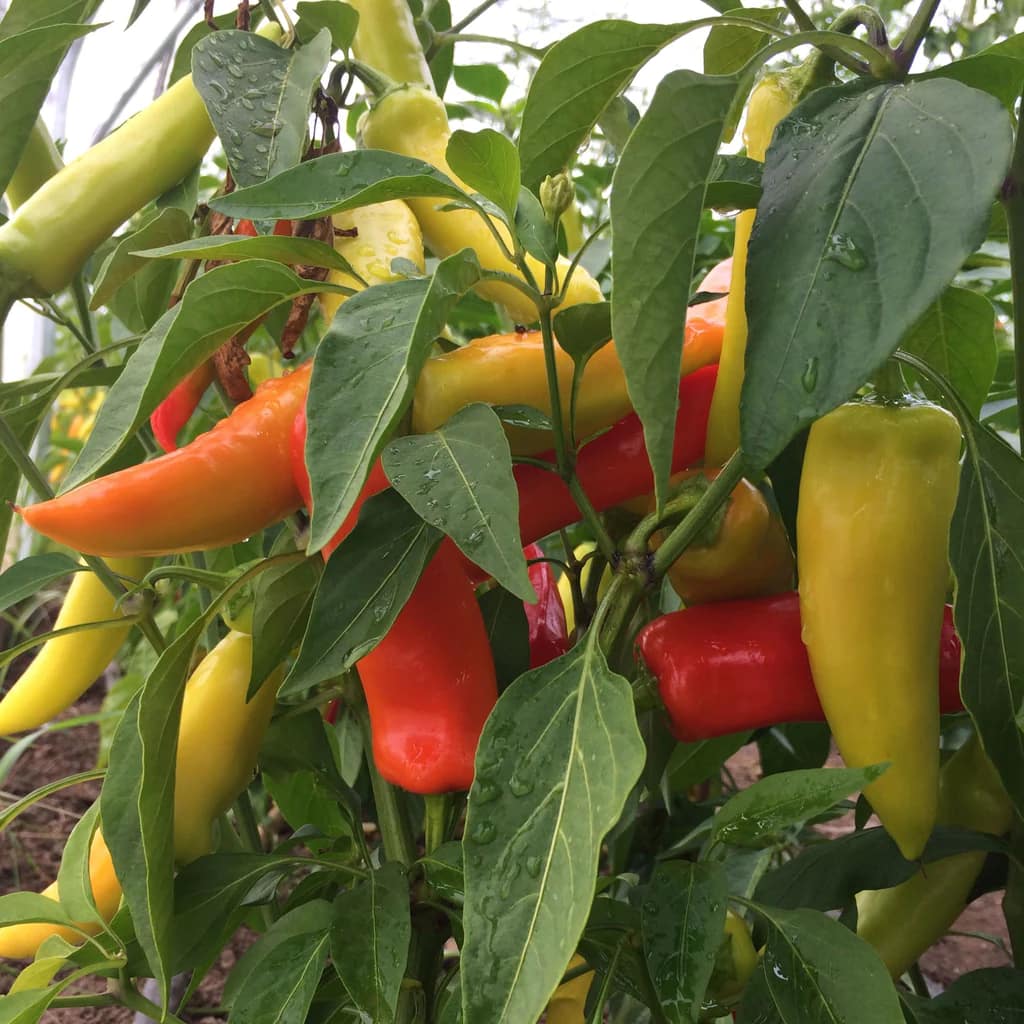
| Vegetable | Heirloom Cultivar | Cultivar speciality |
|---|---|---|
| Tomatoes | Aunt Ruby’s German Green | A large, green tomato with a sweet, tangy flavor. |
| Peppers | Hungarian Hot Wax | A mild, flavorful pepper that is great for grilling or roasting. |
| Beans | Scarlet Runner | A pole variety that produces long, slender beans that are great for eating fresh or dried. |
| Cucumbers | Burpless | A pickling variety that produces small, flavorful cucumbers that are perfect for salads or sandwiches. |
| Squash | Butternut | A large, orange squash that is great for pies, soups, and stews. |
| Carrots | Oxheart | A large, heart-shaped carrot with a sweet, earthy flavor. |
| Lettuce | Red Salad Bowl | A loose-leaf lettuce with a deep red color and a sweet, nutty flavor. |
| Peas | Sugar Snap | A variety of peas that produces sweet, tender pods that are great for eating fresh or cooked. |
GMO Seeds
Genetically modified seeds (GMOs) are seeds that have had their genetic makeup altered using genetic engineering techniques. This can be done to introduce new traits, such as resistance to herbicides or insects, or to improve the nutritional content of the plant. GMOs are a controversial topic, and there is some debate about the safety of eating food that has been grown from GMO seeds.
Choosing the Right Type of Seed
The best type of seed for you will depend on your individual needs and preferences. If you are looking for a low-cost option that you can save and replant year after year, open-pollinated seeds are a good choice. If you are looking for a variety with desirable traits, such as disease resistance or high yields, hybrid seeds may be a better option. If you are interested in growing traditional varieties of vegetables and fruits, heirloom seeds are a good choice. And if you are interested in trying out new technologies, GMOs may be a good option.
When planting seeds, it is important to follow the directions on the seed packet. This will ensure that you plant the seeds at the correct depth and spacing. It is also important to water the seeds regularly, especially during the first few weeks after planting.
Hope the information in this blog helps you choose the right type of seed for your garden and get the best results.
Also read:
- Must have garden tools
- Top Garden Trellis ideas
- Number of plants to grow
- Mulching guide
- Right way to water plants
- Further reading on Seed types: here

